Govt targets one million jobs from Digital Switch Over
The Federal Government on Tuesday raised a Ministerial Task Force on Digital Switch Over (DSO) with a target of one million (1m) jobs in three years.
The Federal Executive Council (FEC) has approved N9.4billion to pay service providers for effective coverage of DSO nationwide.
The country plans to grow the capacity to meet the quality demand of fully-indigenous content creation, which will help to bring back over $100million being currently exported to South Africa, Europe and the United States by Nigerian producers.
Minister of Information and Culture, Alhaji Lai Mohammed said at a briefing in Abuja that: “The decision to set up the Ministerial Task Force to drive the DSO process is hinged on the fact that a successful Digital Switch Over is a massive job creator and a huge revenue generator.
“This process is capable of creating over 1 million jobs over the next three years. These are not phantom jobs. They are real jobs.
“As part of our efforts to maximize the opportunities available in the process, we have made necessary changes in the Broadcast Code to protect local jobs and production, we have started the process of introducing world class Audience Measurement and Media Monitoring to deliver on our potential 1-billion-dollar TV and Online Advertising revenue market and now we will ensure that the DSO ecosystem delivers value to the economy.”
The members of the Task Force are Mohammed (Federal Ministry of Information and Culture, (Chairman); Prof. Armstrong Idachaba (National Broadcasting Commission); Mr. Edward Amana (Digiteam); Dr. Tunde Adegbola (Digiteam); Hajia Sa’ad Ibrahim (Broadcasting Organizations of Nigeria); and Mr. Sadeeq Musa (ITS);
Others are Mr. Godfrey Ohuabunwa (Set-Top-Box Manufacturers); who is also standing in for the BON Chair; Dr. Lekan Fadolapo (APCON); Ms. Aisha Shehu Omar (Federal Ministry of Finance, Budget and National Planning); Mr. J. O. Attah (Nigeria Customs Service); Mr. Nnanna Ibom (Federal Ministry of Information and Culture); Mr. Olusegun Yakubu (Pinnacle Communications); and Mr. Joe Mutah (Federal Ministry of Information and Culture) who will serve as Secretary.
He said the Federal Executive Council(FEC) had approved N9.4billion for the payment of service providers.
“The N9.4billion has been approved for what we owed service providers over the years. One of the major obstacles is our inability to pay our service providers.
“From now on, reliance on government subsidy will no longer be the order of the day. We have studied the trend and it is clear that we have to reduce government involvement in the DSO ecosystem and allow the private sector to take the lead, on purely commercial terms.
“With the devastating effects of Covid-19 and the fall in government revenues, the Federal Government can no longer afford to subsidize the program, especially the Set-Top-Boxes and the Signal carriage, which ordinarily can and should be highly-competitive commercial ventures.
“And in order to begin the commercialization of the DSO, we need to create a structure and an ecosystem that is self-sufficient, self-reliant and able to generate revenue which will drive strategic growth in key areas. The details of that structure are for the Task Force to explore.”
The minister gave a breakdown of the expected one million jobs, including those from film production.
He added: “Manufacturing alone can create between 40 and 50 thousand jobs. This is because Digitization requires all homes to have a Set-Top-Box or Smart TV.
“ Connectivity to the Internet is also possible via a dongle attached to the boxes. And here we are talking about 24 million boxes/TVs, for the over 24 million households that have television sets today in Nigeria. ”Not even 20 Set-Top manufacturers can comfortably produce the initial requirements to feed the market. Furthermore, our position in West Africa, coupled with our size, makes us the definite source of these products for the whole sub-region.
“TV Production alone can create 200,000 jobs. Digitization will make it possible to have at least 180 state channels, 30 regional channels and at least 10 National channels, catering for local music, news, film, children programming and sports, among others.
“This will create better competition because with the Audience Measurement and media monitoring system put in place you can now measure which programs people are watching so that value is rewarded. Digitization will also enhance the full propagation of local content being emphasized by the National Broadcasting Commission. Consequently more people will go into the TV production business.
“Film Production can generate 350 to 400,000 jobs. Just as Nollywood moved from VHS tapes to VCD and DVD, it will now, with Digitalization.
“It will now move to Push and Subscription Video-On-Demand on the Set-Top-Boxes and online, thus curbing piracy, making distribution cheaper and easier and putting more money into the pockets of film producers, who will in turn create more films of better quality, ultimately surpassing the current 2000 movies a year.
“The number of writers, lightning/sound/camera technicians, editors, actors and actresses, costume makers, etc, will grow exponentially, and the over 24 million Digital TV Households will become Nollywood customers in a more transparent, closer and formal manner due to digital distribution.
“Distribution: To supply the market with Set-Top-Boxes, TVs and Dongles required for internet connection, Nigeria will need at least 100,000 wholesalers, retailers, electricians, installers, marketers and payment solution providers in order to cover the entire country.”


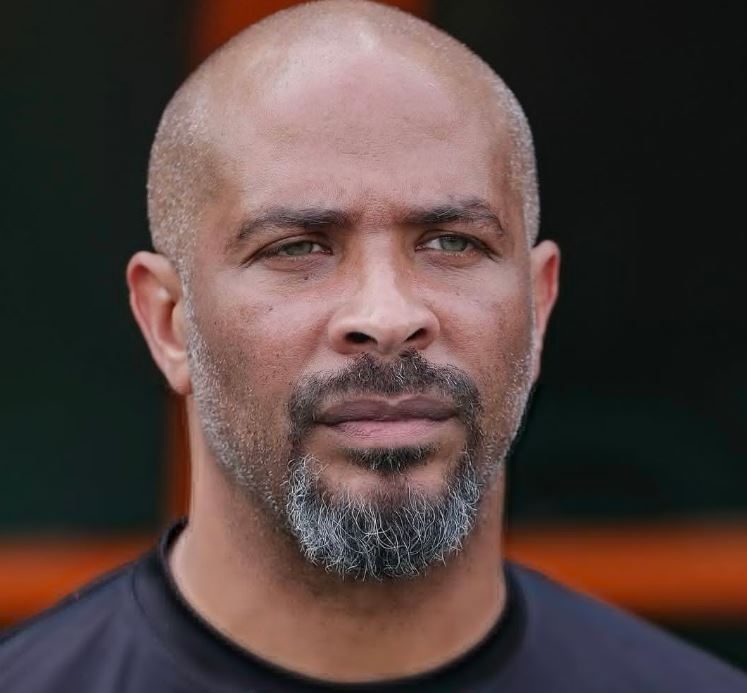




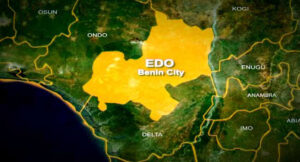
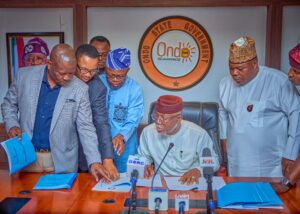
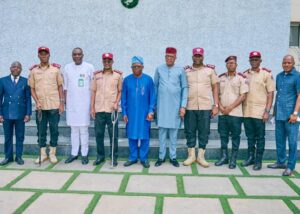
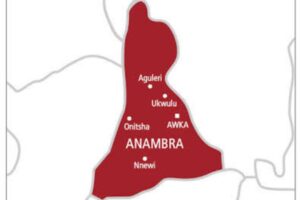
Post Comment